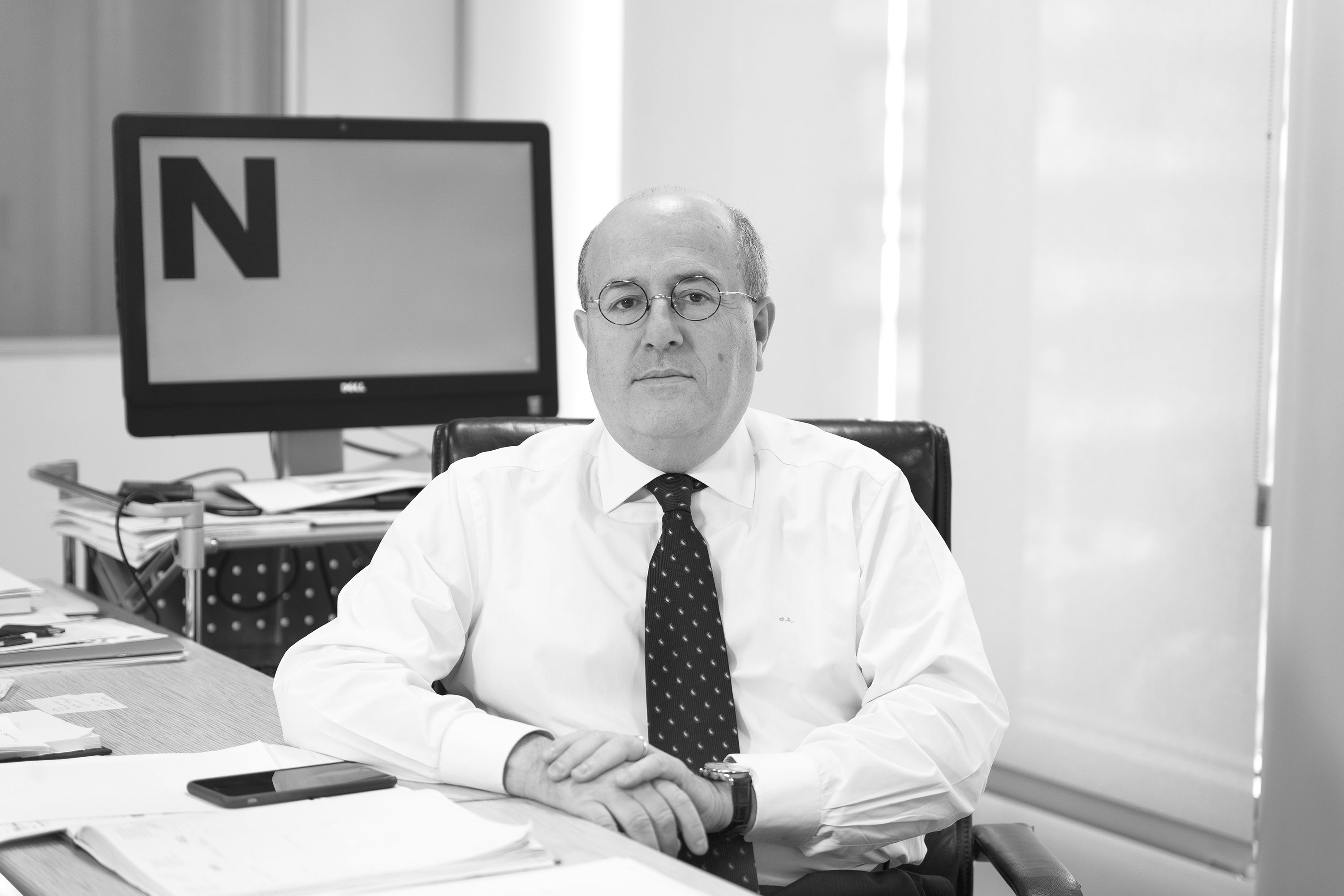Carles Puigdemont i Casamajó, the most unpredictable politician to have emerged in Catalan politics and the one farthest from the archetypes of those who hold such positions, is, as of this weekend, once again residing at Waterloo, in the Casa de la República - the House of the Catalan Republic. After more than four months in Germany, where he was arrested on March 25th, in compliance with an extradition order issued by Spanish judge Llarena, president Puigdemont returned to Belgium after winning a seemingly-impossible legal battle and giving the Spanish state and its justice system a huge blow, one that has echoed around the halls of power in Europe.
Puigdemont has returned to Waterloo, his second home after his forced exile from Girona. There, and also at another reception in Brussels, Catalan president Quim Torra, his current government ministers and all the exiled ministers were awaiting him. Indeed, the press conference at the Catalan government office in Brussels, featuring the two presidents of Catalonia in front of dozens of foreign correspondents, was the triumph of Catalan resolve and resilience. Puigdemont entered the Brussels government office greeted by a line of authority figures at the door. The image that the impos¡tion of article 155 prevented last January - when Puigdemont's investiture as Catalan president was blocked through an abuse of power by the Spanish authorities - could not be avoided on Saturday.
It is obvious that Puigdemont's return to Waterloo again places him at the centre of the decisions that will be adopted in Catalan politics in the coming years. He is not the only actor, certainly, but his role will gain prominence and we will see to what extent the relationships within the political space he leads come into conflict with the force that is both his main ally and biggest rival, the Republican Left (ERC).
Puigdemont will not behave like a political leader "in liquidation", as was the dream of his political adversaries, who twice celebrated victory: firstly, before the Catalan elections on 21st December last year (which they failed to win), and secondly, when the exiled president was arrested in Germany while crossing the border from Denmark. Among those adversaries, one has now retired from politics to a property registry office in Madrid while others are nursing their wounds after a severe and humiliating defeat at the Popular Party (PP) congress by an opportunist politician who does not have a CV that stands up to examination.
And the Moncloa, the Spanish prime ministerial residence, has a new tenant, Pedro Sánchez, with some housekeeping to do over the summer if he does not want his own lease to be cut short.

